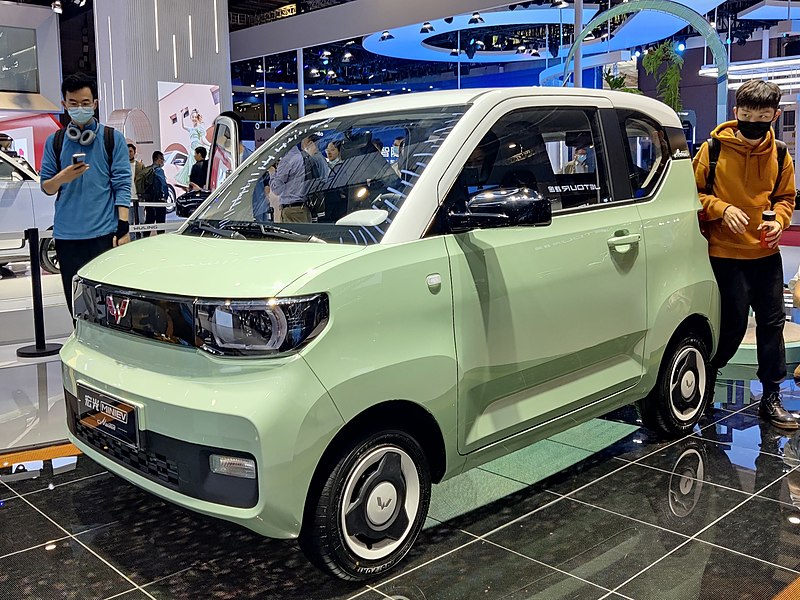The plant will be built in two phases, with mass production of vehicles to begin in 2024. The tech giant will also build the headquarters of the auto unit, as well as the sales and research offices, in the Beijing Economic and Technological Development Zone. Xiaomi still hasn’t revealed any details of its debut models but announced back in March that it’s initially investing 10 billion yuan (~RM6.6 billion) and an additional US$10 billion (~RM42 billion) over ten years into its Electric Vehicle division. According to a Canalys report, China’s EV sales are expected to increase by more than 50% in 2021, and will make up one-third of car sales in 2025. Xiaomi wants a piece of this lucrative pie, with plans to use the company’s thousands of retail stores as a channel to sell its EVs. The EV market in China is currently dominated by SAIC-GM-Wuling, Tesla, and BYD, with start-ups Xpeng and Nio on the rise. Meanwhile, rival smartphone maker Huawei is collaborating with Chinese automakers to foray into the EV market, with OPPO, Realme, and OnePlus also rumoured to have EV plans in the works. (Source: Reuters)
